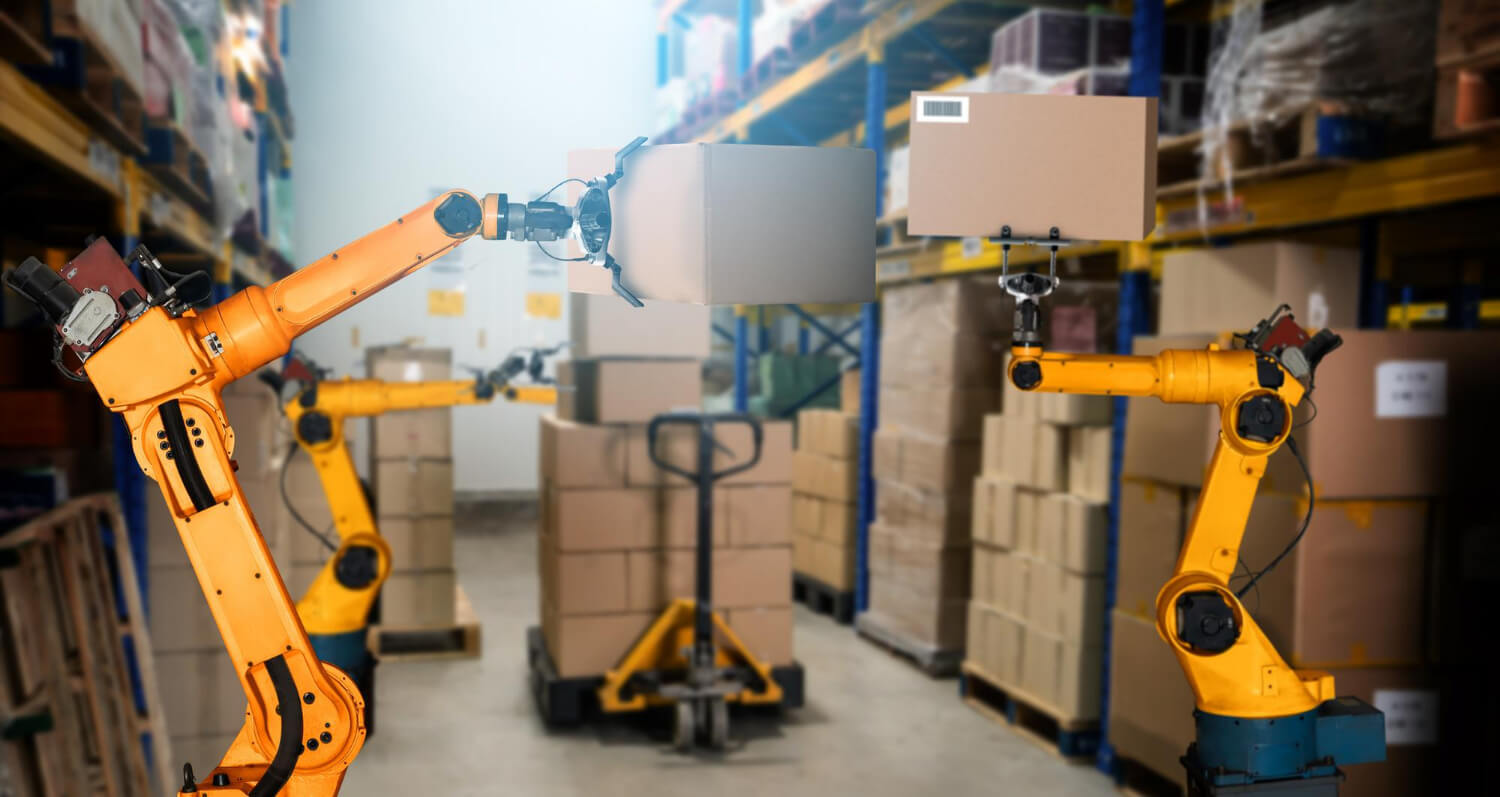At the peak of the COVID-19 pandemic, the vulnerabilities in the global supply chain were starkly revealed, emphasizing the imperative for resilience in supply chain management. Various crises, including the Delta variant’s impact on Asia, disrupted supply chains worldwide. Meanwhile, floods in Germany and China turned crucial transport routes into watery graveyards for fuel, medicine, and manufactured goods. Cyberattacks in South African ports added another layer of chaos to an already strained system. These weren’t just bumps in the road — they were sirens warning of the limitations of supply chain automation.
Between trade wars, chip shortages, and climate chaos, 2023 was another challenging year for global logistics. Facing these storms, enterprises have increased their investments in automation. A new study by Polaris Market Research forecasts that the global market size for automated storage and retrieval systems (ASRS) will likely hit USD $16.8 million by 2032. The ASRS market encompasses industries that deliver computerized solutions for storing and retrieving goods and materials in warehouses and distribution centers.
Automation can be costly
In 2023, facilities turned a new leaf by ramping up automation to tackle disruptions head-on and keep their game strong no matter what was thrown their way. Amid health crises, robots are ideal because they don’t get sick or stressed, like humans, so they can keep things moving smoothly.
According to a recent McKinsey study, automation boasts a 30 percent error reduction, leading to faster, more accurate order fulfillment. But many workers shouldn’t be concerned that robotic systems are making their jobs obsolete. Robots handle repetitive tasks, letting humans zero in on more strategic and creative work.
While more robust ASRS platforms promise efficiency and accuracy, their implementation faces hurdles. Retrofitting existing storage facilities or building new ones with ASRS can be costly. For instance, six-axis industrial robots, or a versatile robotic arm capable of movement in six directions, with flexibility and precision, can cost up to $100,000.
Robots can’t perform every task
By 2026, expect still more major automation surges in warehouses. Research firm Gartner projects that 75 percent of large companies will implement intralogistics smart robots, essentially automated systems merging physical robotics with digital intelligence for warehouses and distribution centers.
Modern industrial robots are impressive technological feats, but they have some limitations. They work best on smooth surfaces or in spaces designed specifically for them, and they need to match the manual dexterity of humans. These robots are also confined to specific areas within a building. And unlike agile humans, robots often struggle with “thinking on their feet.” Their reliance on pre-programmed instructions leaves them vulnerable to the unexpected.
Technology is not a replacement for good management
Logistics automation has its perks, from software that can tackle contracts digitally to robots that boost efficiency. But automation isn’t a magic wand. Strategic thinking, creative problem-solving, and human leadership are still essential. Unexpected absences and complex situations — need the human touch.
Leveraging technology in partnerships with plastic pallet pooling firms, like iGPS, enhances supply chain efficiency by providing smart, standardized pallets suitable for automated warehouses. A reliable pallet pooling company efficiently handles pallet supply, shipping, returns, and recycling.
By harnessing the power of automation in supply chains, companies can better manage logistics, stay agile amidst upheaval, and keep a sharp edge over their rivals. However, it’s essential to approach technological investments thoughtfully; it’s about making sure the strategy is solid and covers all bases.
Manufacturers investing in supply chain automation can opt for iGPS plastic pallets for their logistics operations. Our shipping platforms have no protruding nails or splinters, so they flow easily through automated systems. For more information, contact us at 1-800-884-0225, email a specialist at switch@igps.net, or visit our contact page.



